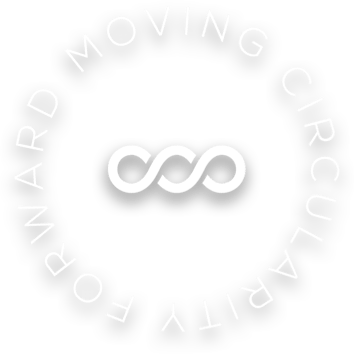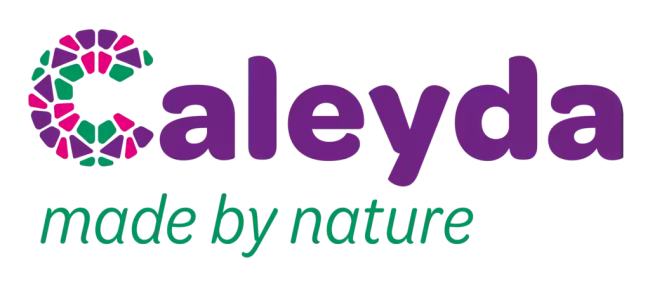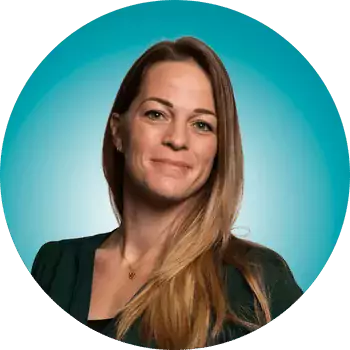Paques Biomaterials
Paques Biomaterials uses natural bacteria and processes to produce biodegradable PHBV biopolymers, using organic materials that are present in waste streams as nutrients.
Paques Biomaterials believes that prosperity and sustainability go hand in hand. The organisation has developed a technology that allows them to train micro-organisms to produce PHA from waste streams. The result is a natural and biodegradable alternative to plastic. In harmony with nature. This technology allows for PHA to be produced from industrial wastewater, sewage sludge and other organic co-products. The result is a natural alternative to plastic, fully produced from waste streams, with a high added value and wide applicability.
This is the beginning of a new circular economy that produces bio-based plastics that are fully biodegradable in all natural environments and do not leave any harmful microplastics behind.
Read more about our partnership
How our partnership was established
For more than 10 years, Paques Biomaterials has been working on the technology that allows bacteria in organic waste streams to produce the biopolymer PHA.
For the production of Polyhydroxyalkanoates (PHA), Paques Biomaterials was looking for a reliable partner to supply waste streams. Looop turned out to be just what they were looking for. ‘Looop has a great deal of experience in valorising waste streams. They are progressive and ensure the highest quality. Because Looop can combine different types of waste streams from the agri-food sector, they can guarantee the best raw materials for our PHA production’, says René Rozendal, co-founder of Paques Biomaterials.
Want to know more about our partnership?

Together, Looop and Paques Biomaterials will further explore the production of PHA from organic waste streams.
The relationship between Paques Biomaterials and Looop is not just founded on a reliable supply of waste streams. Together, we are also exploring other opportunities to produce PHA from organic waste streams. ‘We can guarantee our suppliers that we look for the highest valorisation of their waste streams’, stresses Kelly Vermeer, manager Strategic Business Development at Looop. ‘Different types of co-products have a higher valorisation in the production of PHA.’
We are also part of the ImPHAct project that allows us to work with MNEXT and Cargill to make the production of PHA from waste streams more predictable and stable.
PHA
PHA (polyhydroxyalkanoates) is a group of natural biopolymers produced by certain micro-organisms.
These micro-organisms convert fatty acids from the waste streams into food reserves, similar to how humans use fat. These bacteria can accumulate up to 90% of their cell weight in PHA by consuming organic matter from waste streams, such as industrial wastewater.
PHA can be used in a wide range of applications. This versatility allows PHA to be adapted to specific application requirements.
Paques Biomaterials produces Caleyda®, a natural alternative to plastic. Paques Biomaterials does not use fossil resources, nor does it genetically modify the bacteria. This allows for a sustainable alternative that is fully circular.
Paques Biomaterials' patented technology can leverage natural processes to effectively collect PHA from biomass, stabilise its quality and purify the polymer, creating high-quality Caleyda®. Caleyda® can be used in a wide range of applications, while always retaining its most crucial property: it is fully biodegradable in all natural environments.


We valorise our co-products according to Looop's Ladder. The higher we can place the co-products on the ladder, the lower the product's carbon footprint.
PHA is produced from low-grade waste streams such as waste and dairy streams, some of which currently end up in digesters. We can take these streams to the next level on Looop's Ladder: from a sustainable energy production to bio-based products. It’s a great example of valuable valorisation.

Would you like to know more about our partnership or are you curious to know how we can close loops together?
Contact us:
Kelly Vermeer
Manager Strategic Business Development
Upgrading co-products to the highest possible value
We are always looking for new ways to maximise the value of our co-products.
Together with our partners, we are committed to closing cycles every day, because alone we cannot achieve our dream of a 100% circular world without waste. For that, we need partners. Want to know more about our cooperation and knowledge partners?

